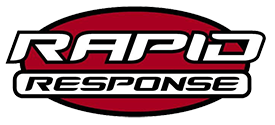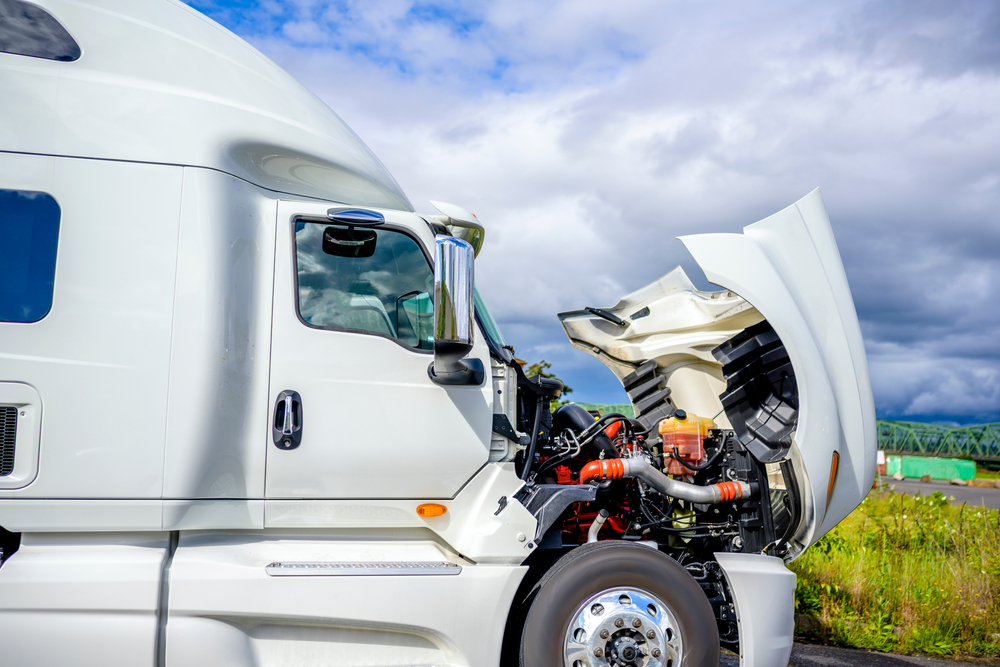Playing a crucial role in the global economy, the trucking sector is a key player in the movement of goods and services around the world. However, it’s faced with significant challenges, particularly accidents and breakdowns, which pose a threat to both safety and efficiency. This underscores the need for a strong emphasis on accident prevention and effective breakdown management strategies to ensure operational continuity and the wellbeing of all involved.
The Importance of Safety
Safety is paramount in the trucking industry, not just for the drivers themselves but also for other road users. Trucks are larger and heavier than most other vehicles, meaning accidents can have severe consequences. According to the Federal Motor Carrier Safety Administration, in 2018, 4,862 large trucks and buses were involved in fatal crashes, a 1% increase from 2017.
Being proactive about safety measures can drastically reduce these numbers. This includes regular training programs for drivers to ensure they are up-to-date with safety protocols, including defensive driving techniques, understanding of blind spots, and fatigue management. Also, equipping trucks with advanced safety features such as collision avoidance systems, electronic stability control, and lane departure warning systems can significantly minimize the risk of accidents.
By prioritizing safety, trucking companies not only save lives but also enhance their reputation as responsible and reliable businesses. It demonstrates a commitment to the welfare of their employees and the general public, which can lead to increased business opportunities.
If you are a truck driver reading this, check out our article on 07 Truck Driving Safety Tips. In this article, we provide vital information on how to stay safe while driving and help bring down the number of fatal accidents involving large trucks. It covers topics such as defensive driving techniques, pre-trip inspections, tools you can use, and other safety protocols that all truck drivers should be aware of.
Business Continuity and Customer Satisfaction
Breakdowns and accidents can disrupt business operations significantly. Delays in deliveries can lead to missed deadlines, resulting in dissatisfied customers and potentially damaging a company’s reputation. By prioritizing breakdown management and accident prevention, trucking companies can provide reliable service, ensuring customer satisfaction and business continuity.
Financial Implications
The financial implications of breakdowns and accidents in the trucking industry are significant and multifaceted. Direct costs include vehicle repair or replacement, medical expenses for any injuries sustained, and potential legal fees if the accident results in litigation.
Moreover, there are also indirect costs to consider. For instance, when a truck is out of service due to a breakdown or an accident, it’s not generating revenue, leading to financial losses. Additionally, delays in deliveries can lead to penalties, loss of clients, and a damaged reputation, all of which can have long-term financial implications.
Insurance premiums are another critical financial aspect. Companies with a high incidence of accidents will likely face higher insurance premiums, adding to their operational costs.
Therefore, by investing in accident prevention and effective breakdown management, companies can avoid these costs and improve their bottom line. It’s a clear case where the adage “prevention is better than cure” rings true.
Regulatory Compliance
Trucking companies operate within a regulatory framework designed to ensure safety and environmental protection. Failure to manage breakdowns and accidents effectively can lead to non-compliance, resulting in fines and penalties. A proactive approach to preventing accidents and managing breakdowns can help companies stay on the right side of the law.
Employee Morale and Retention
Frequent breakdowns and accidents can create a stressful environment for employees, particularly drivers. This can affect their performance and job satisfaction, leading to higher turnover rates. Prioritizing accident prevention and breakdown management can improve employee morale and retention, contributing to a more positive and productive work environment.
Environmental Impact
Trucks often carry hazardous materials, and accidents can lead to significant environmental damage. By focusing on accident prevention and breakdown management, trucking companies can contribute to environmental protection efforts.
Final Thoughts
Given the significant implications for safety, business operations, finances, regulatory compliance, employee morale, and the environment, it’s clear why the trucking industry must prioritize accident prevention and breakdown management. By investing in these areas, trucking companies can not only meet their responsibilities but also enhance their operational efficiency and business success.

